All Formats & Editions

Joker: The History of Court Fools
A Jester, Court jester, Trickster or Fool was historically a comedian and entertainer during the medieval and Renaissance eras who was a member of the household of a nobleman or a monarch. He was employed to bring some lightness to the courts of Medieval Europe, and to take the...

The History of Court Fools

The History of Court Fools
Reprint of the original, first published in 1858.
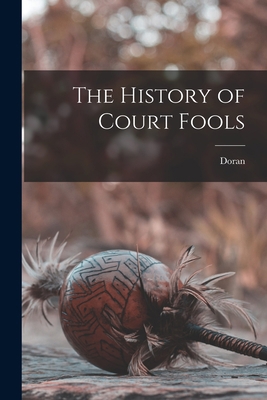
The History of Court Fools
This work has been selected by scholars as being culturally important, and is part of the knowledge base of civilization as we know it. This work is in the "public domain in the United States of America, and possibly other nations. Within the United States, you may freely...
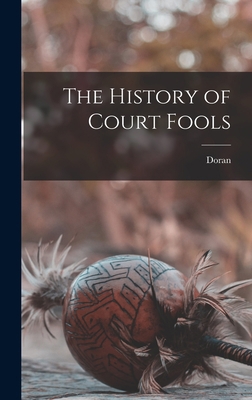
The History of Court Fools

The History of Court Fools

The History Of Court-fools
This work has been selected by scholars as being culturally important, and is part of the knowledge base of civilization as we know it. This work was reproduced from the original artifact, and remains as true to the original work as possible. Therefore, you will see the original...

The History of Court Fools

The History of Court Fools

The History of Court Fools
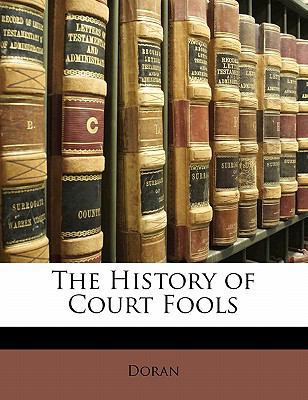
The History of Court Fools
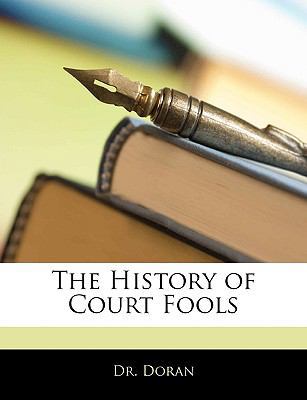
The History of Court Fools

The History of Court Fools
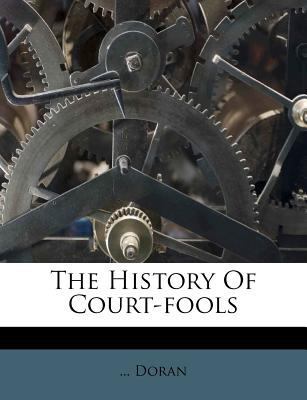
The History of Court-Fools
This is a reproduction of a book published before 1923. This book may have occasional imperfections
such as missing or blurred pages, poor pictures, errant marks, etc. that were either part of the original artifact,
or were introduced by the scanning process. We believe...
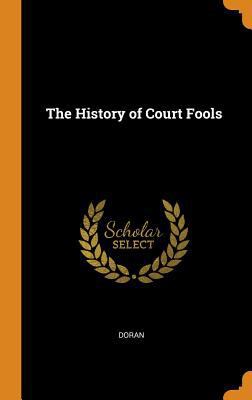
The History of Court Fools
This work has been selected by scholars as being culturally important and is part of the knowledge base of civilization as we know it. This work is in the public domain in the United States of America, and possibly other nations. Within the United States, you may freely...
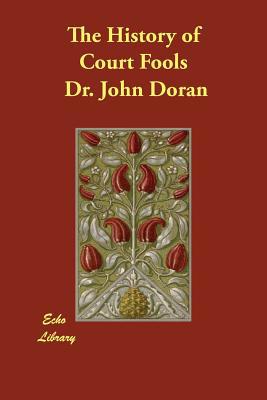
The History of Court Fools
Doran (1807-78) was a London born editor and writer of Irish parentage who wrote a number of books on various subjects including manners, social history, royalty and the aristocracy. He edited Horace Walpole's Journal of the Reign of George III, and among other posts he was for...

The History of Court Fools
This work has been selected by scholars as being culturally important and is part of the knowledge base of civilization as we know it. This work is in the public domain in the United States of America, and possibly other nations. Within the United States, you may freely...

History Of Court Fools: Large Print
I DO not know any earlier instance of a retained female fool than in the case of the wife of Seneca, who kept in her house one named Harpaste, and whom the philosopher describes as fatua, adding that he himself found no pleasure in such objects; and (as I have quoted in another...



